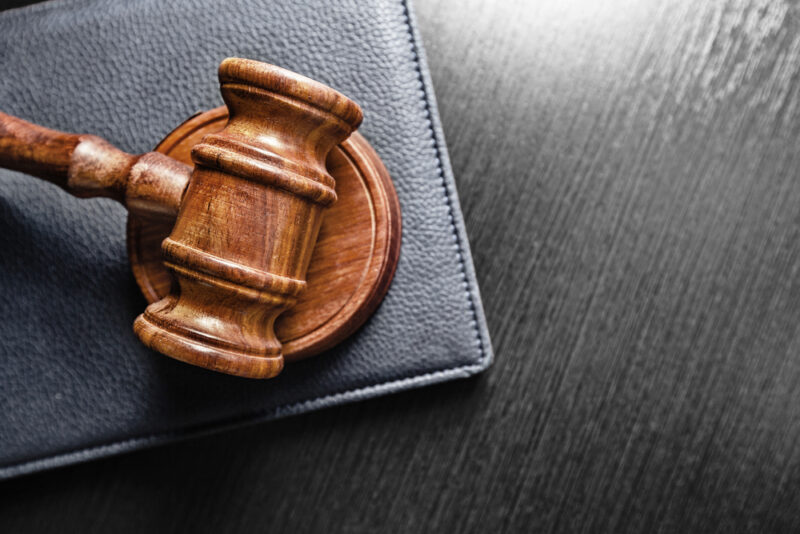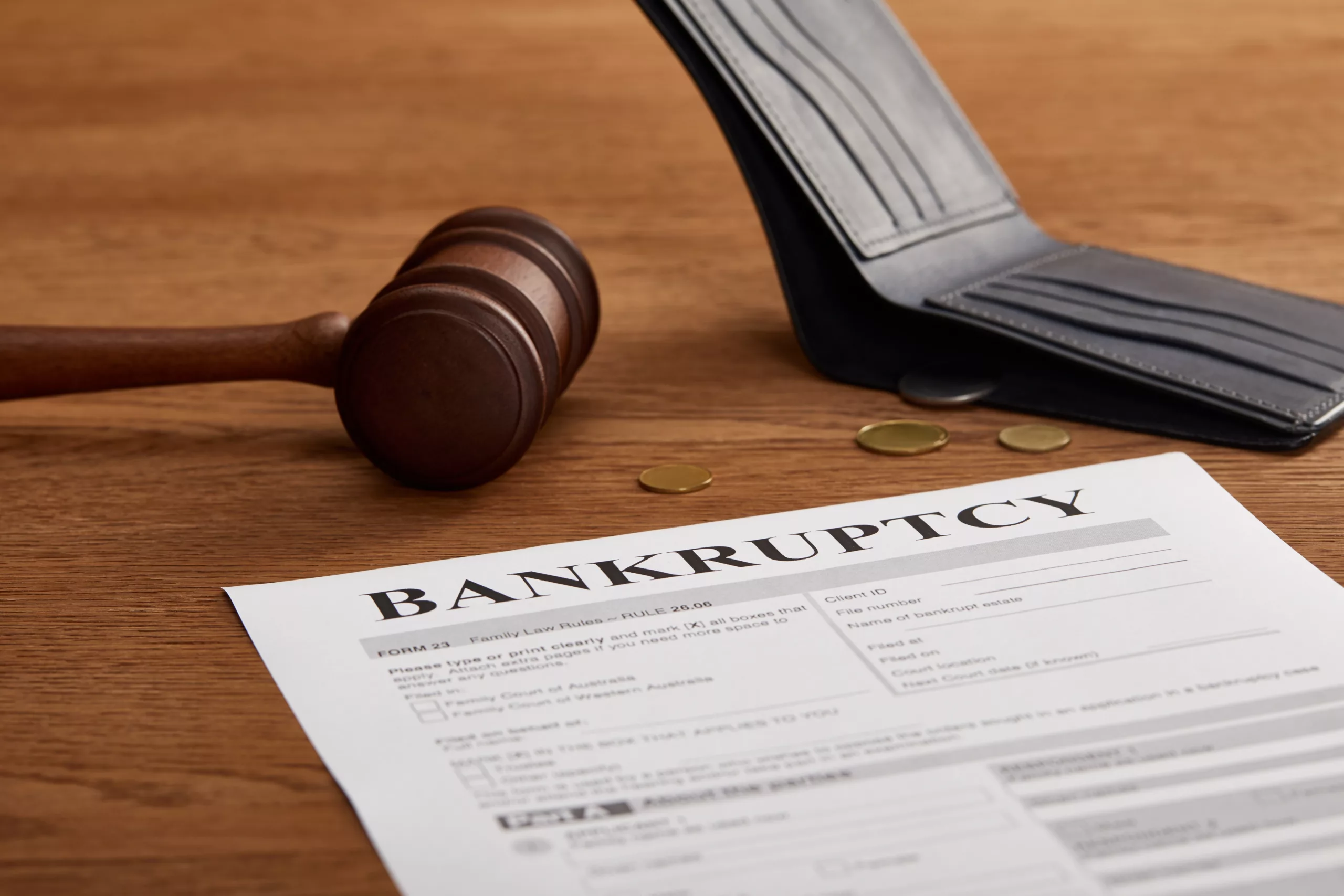When facing issues, selecting the right type of lawyer is crucial. This guide provides insights into navigating the legal landscape to ensure you find the best representation for your specific situation in 2024.
Understanding Law
The procedures and guidelines that control the process are included in the legislation. To safeguard the interests of all parties concerned, this field of law makes sure that debt collection is carried out equitably and within the law.
Lawyers specialize in the legal aspects of collecting debts. They represent creditors seeking to collect debts owed to them or debtors facing collection actions. These lawyers are well-versed in laws such as the Fair Debt Collection Practices Act (FDCPA), which sets standards for the conduct of debt collectors.
Types of Lawyers
Depending on the type of debt involved, such as consumer, business, or secured transactions, attorneys may pursue further specializations. The type of debt and the parties involved will determine which of these experts to choose.
Consumer lawyers handle debts like credit card balances, medical bills, and personal loans. They are experts in laws protecting consumers, such as the FDCPA and state consumer protection statutes.
Commercial lawyers focus on debts owed by businesses. These cases often involve larger sums and can be more complex, requiring a deep understanding of commercial law and contracts. Secured transactions specialists deal with debts secured by collateral, such as mortgages or car loans. They must understand the laws governing secured interests and repossession.
Selecting the Right Lawyer for Your Needs

Choosing the right lawyer for your matter is critical. The right professional can make a significant difference in the outcome of your case. For expert assistance tailored to your unique situation, click here to explore a team well-versed in navigating the complexities, ensuring a strategic approach tailored to your needs.
Factors to Consider
When selecting a lawyer, consider their experience, area of specialization, and approach. An experienced lawyer with a focus on law will be more adept at navigating the complexities of your case.
It’s also important to consider the lawyer’s track record and approach. A lawyer who prefers negotiation and settlement can be beneficial in avoiding the costs and time associated with litigation. However, in some cases, a more aggressive approach may be necessary.
The Consultation Process
The initial consultation is an opportunity to assess whether a lawyer is a good fit for your needs. During this meeting, discuss your case in detail, including the nature of the debt, any previous collection attempts, and your ultimate goals.
This is also the time to ask about the lawyer’s experience, strategy, and fees. Transparency about costs and communication is essential to avoid any surprises down the line.
Making Your Decision
After consulting with potential lawyers, consider their qualifications, your comfort level with their approach, and the clarity of their communication. The right lawyer will not only have the expertise you need but will also align with your values and objectives for the case.
Legal Strategies

Effective deficit collection requires a nuanced understanding of legal strategies. Lawyers utilize a range of tactics to either recover obligations or protect debtors from undue pressure.
Negotiation is often the first step in the process. Lawyers skilled in negotiation can often reach a settlement that satisfies both parties, avoiding the need for costly litigation. They work to find a mutually acceptable resolution, which might involve reducing the debt amount, setting up a payment plan, or other compromises.
When negotiation fails, litigation may be necessary. Lawyers prepare to present the case in court, gathering evidence to support the claim or defense. This phase involves legal filings, discovery, and, ultimately, a trial.
Consumer Rights and Protections
Understanding consumer rights is essential in cases. Laws are in place to protect consumers from abusive, deceptive, and unfair practices. The FDCPA is a cornerstone of consumer protection in debt collection.
It outlines what debt collectors can and cannot do when attempting to collect debts. For example, it restricts the times of day collectors can call, prohibits harassment, and ensures that debt collectors provide accurate information about the debt.
In addition to federal laws, many states have their consumer protection statutes that may offer additional protections against unfair practices. These laws can vary widely, so local legal expertise is crucial.
The Impact of Bankruptcy

Bankruptcy is a legal process that can significantly affect debt collection efforts. It offers a way for debtors to address overwhelming debt, but it also has consequences for creditors.
The Automatic Stay
Filing for bankruptcy triggers an automatic stay, which immediately stops most collection actions against the debtor. This means that lawsuits, garnishments, and even phone calls attempting to collect debts must cease.
For debtors, the automatic stay provides breathing room to reorganize their finances. For creditors, it means they must navigate the bankruptcy process to recover any portion of the debt owed to them.
Discharge of Debts
Bankruptcy can lead to the discharge of certain types of debts, meaning the debtor is no longer legally required to pay them. However, not all debts are dischargeable, and the specifics depend on whether the bankruptcy is filed under Chapter 7 or Chapter 13.
Creditors need to understand their rights in bankruptcy proceedings to maximize their recovery. For debtors, bankruptcy can offer a fresh start, but it also has long-term implications for their credit and financial stability.
Technology

Advancements in technology have transformed the debt collection landscape. Both creditors and debtors benefit from new tools and platforms that make the process more efficient and transparent.
Technology enables more sophisticated methods of communication and data analysis. This includes automated reminders, digital payment portals, and advanced analytics to assess repayment probabilities.
Ethical Considerations
Ethics play a crucial role in the practice of law. Lawyers must balance aggressive advocacy with the duty to act within legal and ethical boundaries. Lawyers must represent their client’s interests zealously, but not at the expense of fairness or legality. This includes ensuring that all collection activities are conducted in a manner that respects the debtor’s rights and dignity.
Conclusion
In conclusion, when dealing with debt collection, the type of lawyer you choose can significantly impact the resolution of your case. By understanding the role and types of debt collection lawyers and carefully selecting the right professional, you can navigate the complexities of debt collection law with confidence.
Related Posts:
- Who Pays Health Insurance While on Long-Term…
- How Do You Check if a Website is Not Working: 2024 Guide
- What are Toric Contact Lenses? Here's What You Need to Know
- Everything You Need to Know About Payment Posting in…
- How to Hire a Commercial Litigation Lawyer: 10…
- How to Tell If Your Blog Post Was Written by a Human…















